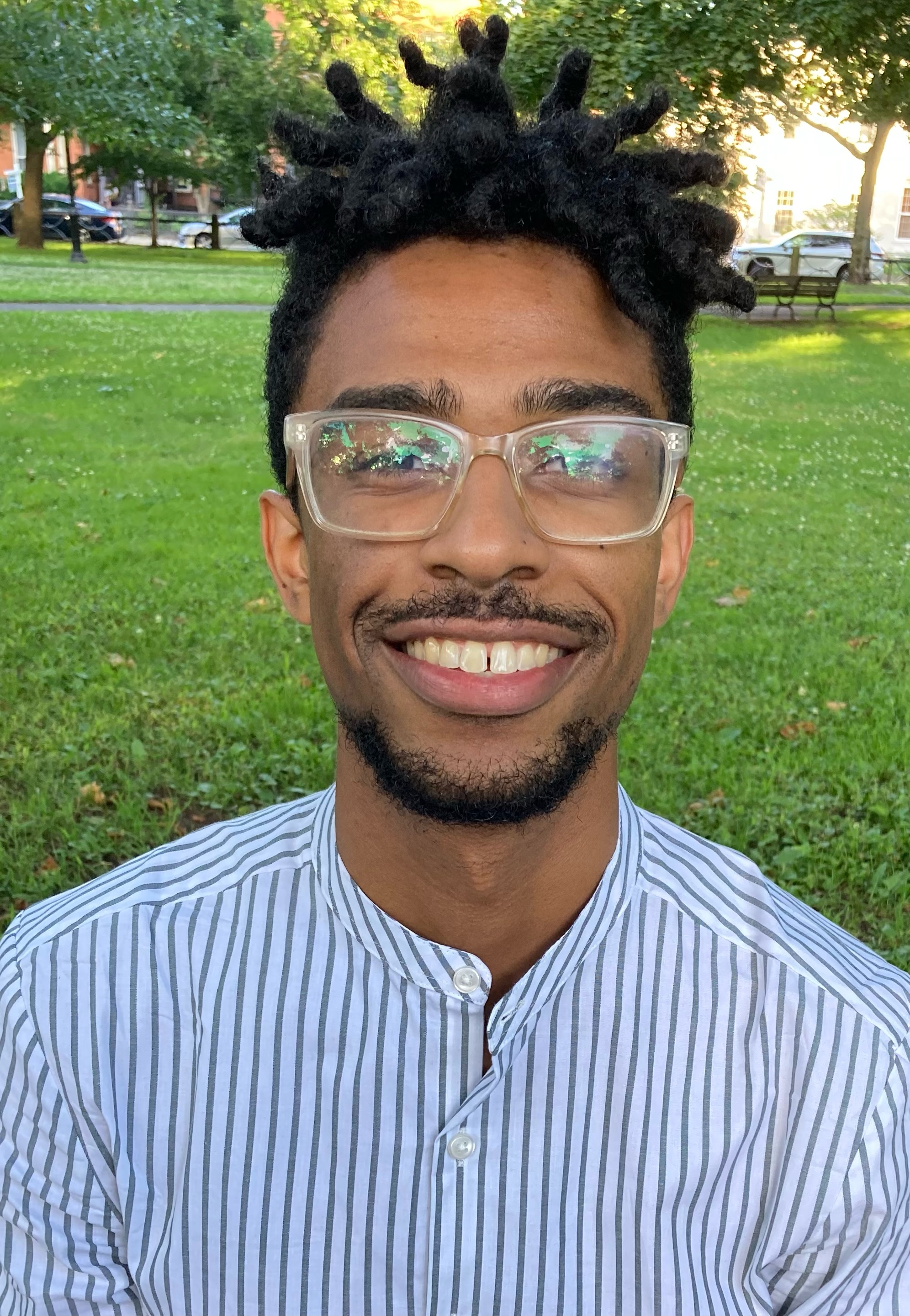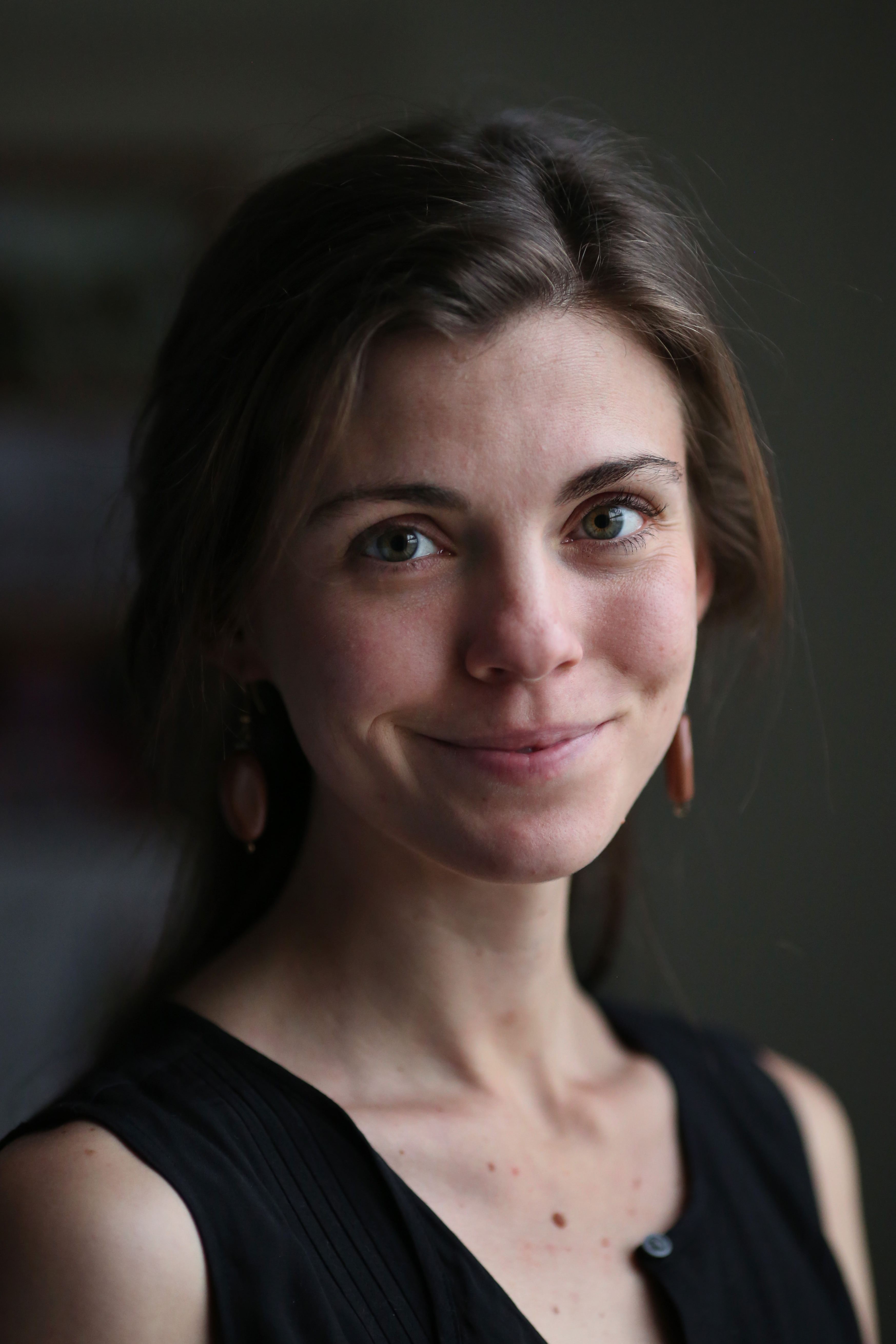Dissemination & Implementation Science
Symposium 16 - Challenges and Possibilities in Balancing Community-Engaged Partnerships in Mental Health Research
Level of Familiarity: Basic to moderate
Recommended Readings: Payán, D. D., Zawadzki, M. J., & Song, A. V. (2022). Advancing community-engaged research to promote health equity: Considerations to improve the field. Perspectives in Public Health, 142(3), 139–141.,
Caldwell, W. B., Reyes, A. G., Rowe, Z., Weinert, J., & Israel, B. A. (2015). Community partner perspectives on benefits, challenges, facilitating factors, and lessons learned from community-based participatory research partnerships in Detroit. Progress in Community Health Partnerships: Research, Education, and Action, 9(2), 299–311.
,Key, K. D., Furr-Holden, D., Lewis, E. Y., Cunningham, R., Zimmerman, M. A., Johnson-Lawrence, V., & Selig, S. (2019). The continuum of community engagement in research: A roadmap for understanding and assessing progress. Progress in Community Health Partnerships: Research, Education, and Action, 13(4), 427–434.
, ,-

Jordan Foster, M.S. (he/him/his)
Ph.D. Student
Yale University
New Haven, Connecticut, United States -
AG
Ali Giusto, Ph.D. (she/her/hers)
Florida International University
Delray Beach, Florida, United States -

Savannah Johnson, M.A. (she/her/hers)
Phd Candidate
Duke University
Durham, North Carolina, United States -

Jordan Foster, M.S. (he/him/his)
Ph.D. Student
Yale University
New Haven, Connecticut, United States -
AG
Ali Giusto, Ph.D. (she/her/hers)
Florida International University
Delray Beach, Florida, United States -
NT
Noah Triplett, M.S. (he/him/his)
Yale School of Medicine
New Haven, Connecticut, United States -
BW
Bernadine Waller, Ph.D., Other
Columbia University Medical Center
New York, New York, United States
Chair(s)
Discussant(s)
Presenter(s)
Despite advances in cognitive and behavioral science, the burden of mental health problems is not improving. To effectively tackle this burden, clinical science needs to adopt more community-engaged research (CEnR) approaches that emphasize context and public health at the outset. CEnR aims to center communities and their goals throughout the research process, in turn creating more actionable, accessible, and relevant research that can more immediately benefit individuals. Importantly, engaging in effective CEnR necessitates that clinical scientists form and maintain equitable partnerships with a variety of groups, such as community members, community-facing organizations, clinicians, national and cross-national academic institutions, and industry professionals. Empirical approaches to understanding the key factors that should be considered to successfully and equitably balance multiple partner relationships are limited. This symposium presents findings from community-engaged clinical science research that point to factors implicated in balancing effective community partnerships. Our findings highlight how CEnR can be used across the spectrum of clinical science – from basic science to implementation science – and can be employed through equitable partnerships with a variety of stakeholders. Specifically, we will address: (a) qualitative findings and process-related challenges from a partnership between basic developmental science researchers and a community-oriented design firm; (b) the use of a validated questionnaire to guide a qualitative reflections process with members of a US-Kenya implementation science partnership; (c) the employment of the PRISMA framework among an interdisciplinary team of 16 stakeholders to examine the implementation of an evidence-based intervention for Black women survivors of intimate partner violence violence with depression; and (d) thematic analyses of Kenyan TF-CBT counselor’s perspectives on the participatory research process. Findings across all presentations highlight how the incorporation of effective, empirical measures of stakeholder engagement can shape project directions, improve partnership sustainability, and ultimately contribute to a more equitable scientific process.
Learning Objectives:
- Present an overview of general principles of CEnR
- Describe how CEnR principles can be integrated into various types of clinical science research (e.g., basic science, implementation science)
- Describe different innovative approaches to measuring stakeholder perspectives on both challenges and strengths of the CEnR process
- Describe key findings and recommendations related to maintaining equitable partnerships with various groups of stakeholders
- Implement effective measurements of partner engagement in their own work
Presentations:
-
10:00 AM - 11:00 AM EST(SYM 16) Integrating Clinical Psychological Science with Community-engaged Methods to Inform the Design of the North Point Children's Wellness Center
Speaker: Jordan Foster, M.S. (he/him/his) – Yale University
Co-author: H. R. Hodges, BA (she/her/hers) – University of Minnesota
Co-author: Emily Cohodes, M.S., M.Phil. – Yale University
Co-author: Mirelle Phillips, BA (she/her/hers) – Studio Elsewhere
Co-author: Erik Anderson, BA (he/him/his) – Studio Elsewhere
Co-author: Bunmi Fagbenro, BA (she/her/hers) – Studio Elsewhere
Co-author: Mischa Kuma, BA (she/her/hers) – Studio Elsewhere
Co-author: Dylan Gee, Ph.D. – Yale University
-
10:00 AM - 11:00 AM EST(SYM 16) Balancing Partnerships in Global Community-engaged Research: Periodic Reflection in a Us-kenya Partnered Community-engaged Clinical Trial
Speaker: Ali Giusto, Ph.D. (she/her/hers) – Florida International University
Co-author: Florence Jaguga, MBChB, MMed Psych – Moi Teaching and Referral Hospital
Co-author: Mercy Korir, BA (she/her/hers) – Moi Teaching and Referral Hospital
Co-author: Dan Aburi, MA (he/him/his) – Moi Teaching and Referral Hospital
Co-author: Michaela Gr, BA (she/her/hers) – New York University
-
10:00 AM - 11:00 AM EST(SYM 16) “A Problem Shared Is a Problem solved:” Lay Counselor Perspectives on the Participatory Research Process
Speaker: Noah Triplett, M.S. (he/him/his) – Yale School of Medicine
Co-author: Sharon Kiche, MPH (she/her/hers) – University of Washington
Co-author: Enoch Sackey, PhD (he/him/his) – University of Washington
Co-author: Anne Mbwayo, Ph.D. (she/her/hers) – University of Nairobi
Co-author: Cyrilla Amanya, MS (she/her/hers) – Ace Africa Kenya
Co-author: Shannon Dorsey, Ph.D. (she/her/hers) – University of Washington
-
10:00 AM - 11:00 AM EST(SYM 16) Engaging Community Partners in the Tailoring of a Brief, Evidenced-based Intervention
Speaker: Bernadine Y. Waller, Ph.D., Other – Columbia University Medical Center
Co-author: Chiamaka Chide, MHC Candidate – Teachers College, Columbia University
Co-author: Michelle Ridley, LMSW, PhD Candidate – Kansas University School of Social Welfare
Co-author: Temiloluwa Adeyemo, BS – Stanford University

.png)
